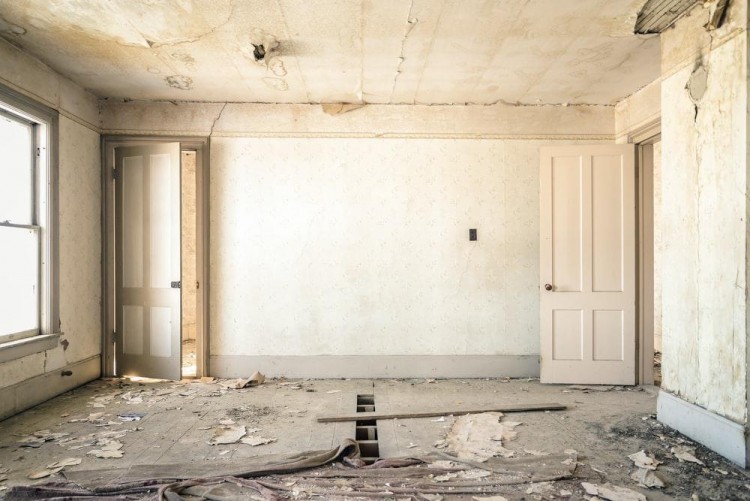The UK is experiencing something of a ‘home improvement boom’, as demand for home renovations has increased by 50% since the start of 2020. There are many reasons for this boom, from increased house prices to increased amounts of time spent home, but what’s more important is how this work is being carried out.
Are homeowners clued up on the best way to improve their home, or are they falling into one of the four key pitfalls when it comes to renovations? Here are those four, and some key tips for ensuring your home improvement plan goes off without a hitch.
#1 – Insufficiently Vetting Contractors
If your renovations are extensive, it is extremely likely that you will be looking for contractors to carry out the work on your behalf. A mistake many homeowners make at this point is to get complacent, and choose the first contractor they speak to. In speaking to more than one contractor, you can compare quotes and proposed timelines, potentially getting you a better deal.
More importantly, though, is to vet by testimony. A contractor with a proven track record is sure to give a more reliable result than a contractor for whom you cannot find a review. Instead of calling a contractor cold, try asking friends and family if they have a preferred team they’ve worked with before.
#2 – Excessive – and Unnecessary – Spending
While contractors are useful for the expeditious and high-quality completion of renovation work – and may well be necessary for larger interventions like extensions – another renovation pitfall is the over-assignment of tasks to hired teams. Labour is a significant expense, and may not be the most cost-effective options for work you could carry out yourself.
Rather than pouring money into hiring contractors for an extended period of time, you could instead invest in some tools and tool boxes in order to work on smaller tasks yourself. These tasks range from installing skirting boards and coving to designing your own built-in storage. The investment also protects you against future emergency costs, where small repairs can be made in-house instead of via a professional call-out.
#3 – Illegal Work
Due diligence is not only important when it comes to choosing the right people to undertake your work. You should also endeavour to complete your work legally, which requires a solid understand of national laws, local bylaws and international building regulations.
Your chosen contractors can worry about the latter, though you may need to carry out some personal research if you are taking the DIY route. Planning permission is the biggest legal hurdle for major interventions such as extensions or loft conversions that extend beyond the bounds of your home. You must also be careful not to make excessive noise, or to work at unsociable hours, to avoid falling foul of local nuisance laws.
#4 – Investment in the Wrong Materials
Keeping on top of the budget is important, as we have discovered above – but some of the simpler measures you may think to take in order to bring down costs could have a hugely detrimental effect on your finished results. As an example, supply shortages in the last few years have led to a rise in the cost of timber – and a sympathetic increase in demand for cheaper sheet materials like MDF and plywood. However, certain materials are much less suited to structural tasks than timber, and the quality of any completed work could suffer.




